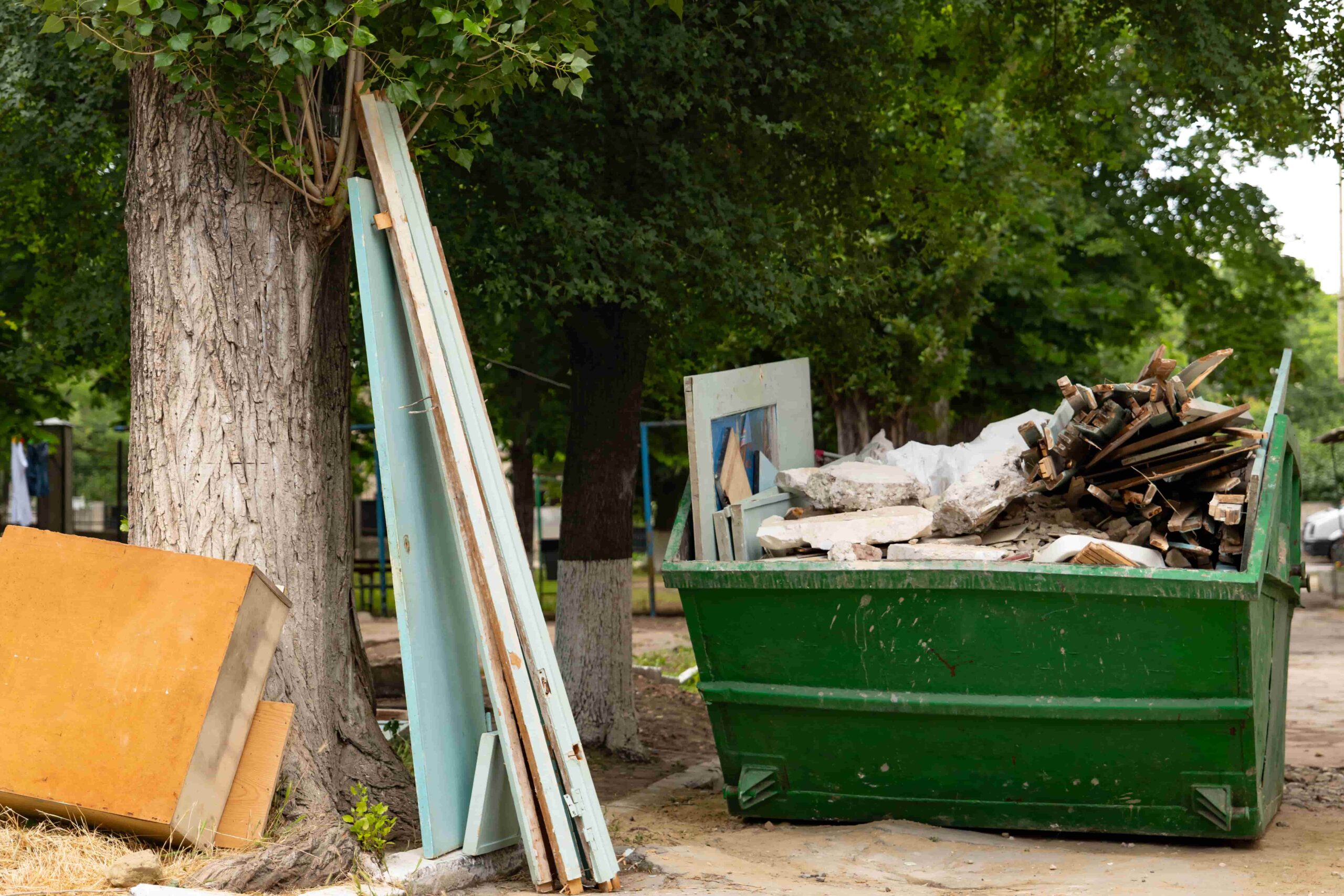Skip hire prices vary between providers, but many customers come to Johnsons because they want clarity from the very beginning. People often search for the cheapest option, only to discover that the final bill is higher than expected once extra charges or limitations appear. Johnsons take a more transparent approach by outlining the factors that genuinely influence the cost, helping you choose a skip that suits your project without spending more than you need to.
Whether you are clearing a home, renovating a room or tackling a garden overhaul, understanding how pricing works can make the whole process simpler and more predictable.
How Skip Sizes Affect the Price
The size of the skip is the first major factor in determining the cost. Smaller skips are more affordable and ideal for light clear-outs, while larger sizes are built for significant waste volumes and can handle the heavier materials created during renovations. Johnsons offer a range of sizes that cover household, trade and commercial projects.
Customers often underestimate how much waste they will produce. Choosing a size that is too small may lead to a second hire, which increases the total spend. Johnsons helps customers choose the right size based on the type of waste, the project and the available space, which prevents unnecessary charges and ensures a single, efficient hire.
How Local Disposal Fees Shape Pricing
Another factor that influences the cost is the price of disposing of and processing waste in each local area. Johnsons operate across several regions where disposal fees vary depending on demand, recycling capacity and the type of waste being handled. These fees are built into the overall skip hire price, which is why costs can differ between locations.
Because Johnson’s deal directly with local waste transfer stations, they have a good understanding of the fees in each region and can offer guidance on the most cost-effective approach. Customers benefit from this local knowledge, especially when they are unsure which type of skip or waste solution is the most suitable for their project.
How Access, Space and Drop-Off Conditions Influence Price
The layout of your property or site can affect the price in subtle ways. Narrow roads, controlled parking zones and limited access can make delivery more complex. Homes and businesses in tight residential streets may require additional planning to position the skip safely, while properties with off-road space or driveways usually offer the most straightforward setup.
Johnsons works with these conditions every day and can advise on the best place to position the skip, including whether a permit is needed. By confirming access details beforehand, customers can avoid unexpected delays or additional charges associated with repositioning or failed collections.
How Permit Requirements Affect the Overall Cost
If a skip needs to be placed on a public road, a permit from the local council is often required. This cost is separate from the skip hire fee itself and varies depending on the council area. Johnsons can arrange the permit on behalf of the customer, making the process easier and helping ensure the skip is placed legally and safely.
Permits can influence the total cost of the hire period, particularly if the skip needs to remain longer than anticipated. Planning this allows customers to stay within budget while keeping the project moving without interruption. If you’re unsure if you’ll need a permit, let our team know, and we can advise on the best solution for you.
How Waste Type Influences Pricing
Not all waste is treated equally. General household waste, wood, metal and green waste fall into standard categories and are usually the most cost-effective to remove. Heavy materials such as soil, bricks, hardcore or mixed building waste require skips that can safely handle the weight, which changes the price.
Johnsons advises customers on the most suitable skip for the waste they plan to remove. This prevents overfilling, avoids contamination fees and ensures the waste is sent to the correct treatment facility. Knowing what is going into the skip from the start helps keep pricing clear and predictable.
How Hire Duration Shapes Your Total Cost
Most customers hire a skip for a standard period, which is included in the price. If you need the skip for longer, the cost may increase depending on the location and the length of the extension. Johnsons encourages customers to plan the timing of their projects carefully so the skip is filled efficiently and collected within the agreed period.
Flexible collection arrangements are available and can be adjusted to suit the customer’s schedule. Clear communication at the start ensures the pricing stays within expectations and avoids additional days that may not be needed. Contact us to let us know your requirements, and we’d be happy to assist.
Why Johnson’s Focus on Clear, Upfront Pricing
Many customers choose Johnsons because they want reliable pricing without confusion or hidden extras. The team provide clear guidance on what affects the cost, the size that fits the job and the most efficient way to handle waste. This approach helps customers stay within budget and eliminates the uncertainty that can come with comparing multiple providers.
Understanding how prices are structured allows you to make informed decisions and choose the most suitable skip for your project. Whether you are hiring for the first time or planning a larger refurbishment, Johnsons can help you find the right option at the right price.


